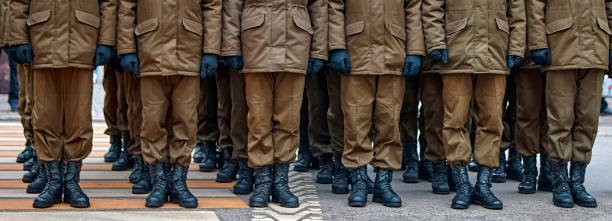
A more general political problem may be behind the new, recent mysterious purge hitting the Chinese military in the middle of a strategic modernization drive and indirectly confronted with the reality of two violent wars in Ukraine and the Middle East.
China has suspended Admiral Miao Hua, number 5 in the official hierarchy and a member of the Central Military Commission (CMC), the top military body led by President Xi Jinping. He has been investigated for “serious violations of discipline” – a synonym for corruption.
Miao, 69, headed the sensitive Political Work Department and was considered Xi’s close protege, having served in the coastal province of Fujian when Xi was a local official there in the 1990s and early 2000s.
The Financial Times reported that Defense Minister Dong Jun (not a CMC member but also from the Navy, like Miao) had been placed under investigation for corruption, citing current and former US officials. The Defense Ministry spokesperson dismissed the report as “sheer fabrication.”
Last year, Xi waged a sweeping crackdown on China’s People’s Liberation Army (PLA), focusing on the Second Artillery, a branch overseeing the strategic country’s space, nuclear and conventional missiles.
Several senior generals, including former defense minister Li Shangfu and his predecessor Wei Fenghe, were expelled from the Party in June over corruption accusations. Since last summer, over a dozen high-level military officers and aerospace executives in the military-industrial complex have been stripped of their public roles.
Then, the suspicion was that the Space Force actually proved to be less efficient than it claimed to be, and much money was squandered while the missile systems were inefficient. The present purge is apparently focusing on Navy officers. It may be related to an incident with a nuclear-powered submarine in late September.
The Wall Street Journal reported that a new class of nuclear-powered submarines had sunk pier-side in Wuhan. The submarine would allow to bring nuclear missiles next to the United States like the Soviet nuclear submarines did during the Cold War, raising the strategic stakes of the present competition. There has been no confirmation, and many details remain hazy. Still, the political disgrace of two senior Navy officers would seem to corroborate that something is amiss in this branch, too.
China seeks to make its armed forces more robust and combat-ready in its disputed territorial claims. China has poured billions of dollars into buying and upgrading equipment.
Andrew Erickson summed up the situation as follows[i]:
- “Admiral Miao Hua has been suspended from duties as a member of China’s Central Military Commission and Director of the CMC Political Work Department. Miao’s position, which oversees all senior People’s Liberation Army (PLA) promotions, may have significant ramifications for his patronage network—including “current” Defense Minister Admiral Dong Jun and possibly Secretary of the CMC’s Politics and Law Commission Admiral Wang Renhua, among others.
- This is the first time the CMC has two positions (one-third of six total) vacant simultaneously. The only other time China’s highest military body experienced such upheaval in recent years involved the purging of Vice Chairmen General Xu Caihou and General Guo Boxiong.
- Admiral Miao is the seventh CMC member to be purged since Xi assumed power in 2012. The humiliation of his public removal is especially embarrassing because Xi promoted him to full admiral on 31 July 2015 and elevated him to the CMC in October 2017. His suspension suggests Xi, or others, may have wanted to make his removal an example for the PLA.
- Admiral Dong Jun, China’s Minister of National Defense, may be caught up in this purge. Dong has close ties to Miao and was absent from Singaporean Vice Admiral Aaron Beng’s introductory PRC visit (24–27 November 2024). At a minimum, Admiral Dong normally would have hosted an office call for VADM Beng during his visit.
- Admiral Miao’s removal suggests Xi remains bore-sighted on achieving China’s 2027 Centennial Military Building Goal and seeks to ensure his armed forces reach maximum preparation for Taiwan contingencies on his watch, even at the cost of short-term setbacks and bureaucratic churn.
- In August 2024, the two top Generals commanding the PLA Rocket Force were removed, together with other leading PLARF officers. Admiral Miao’s suspension and the possible implication of Admiral Dong Jun could suggest Xi has shifted his purging focus to the PLA Navy (PLAN).”
A Separate World
The PLA used to be a world separate from and above the Party. Since the failure of the 1927 Shanghai insurrection and the flight of Party leaders to the countryside, the Party accepted being an “offspring” of the army. The army brought Mao Zedong to victory and kept him in power against the ‘party’ faction led by Liu Shaoqi. The army seized the Gang of Four in 1976 and crushed the 1989 protests. At that time, Zhao Ziyang was the party chief but could not prevail over the PLA, as the army chief Deng Xiaoping called the shots. The army maintained its power by being beyond the Party’s reach. Xi started in the army as an assistant to Geng Biao, head of military intelligence.
The Soviet Party had a very different experience. They managed to take power with a coup in 1917, and only after that, to fight the Czarist forces, they set up an army as an offspring of the Party. The political commissars were introduced to control a largely unreliable army. In the PLA, political commissaries are responsible for the soldiers’ political indoctrination.
The PLA is now at a crossroads. It fought with old tactics in Korea (1950-53), India (1962), and Vietnam (1979). Now, it needs to be efficient and have modern weapons, and it can’t spend money as it wishes, with no external control, as happened in the past.
Objective external accounting oversight is needed. The army needs to be under the Party and not above it. It needs to be separated and not confused with party matters. China needs some separation of powers to have an efficient army. Yet a complete separation between the military and civilian power raises the specter of coups. In 1971, Lin Biao tried to upstage Mao with a coup d’état, and in 1976, the arrest of the Gang of Four was a form of a coup.
Since coming to power in 2012, Xi Jinping has enforced a massive army restructuring. Army command structures and responsibilities were drastically changed. The military zones controlling Chinese territory shrank from seven to five. Troops and commanders were rotated to break old loyalties and complicities.
Yet the ongoing purges prove that something is still not working. The Russian army’s dismal performance in the Ukrainian war was possibly a wake-up call for the PLA. Russia had fighting experience in Chechnya, Syria, and Africa, yet when confronted with a real battle in Ukraine, it failed miserably on all fronts. China’s army is possibly much worse than Russia’s, facing several challenges around its borders.
At the end of the 19th century, the Chinese had a much larger and stronger navy on paper than Japan. Yet in 1894, the Chinese were bitterly defeated by a leaner, more efficient Japanese Navy. The defeat marked the last humiliation of the Qing empire and signaled the Japanese rise in East Asia.
China is thus facing many contradictory pulls. It needs an efficient army for its ambitions. Hence, it must root out corruption, yet this is contrary to the Party’s historical tradition. Moreover, an efficient army could topple the government without proper divisions and structural political safeguards. Purging officers can be a temporary measure; state political reforms might be the honest answer. No one can be sure how the army would fare in combat without it. Yet this opens a different, new, extremely sensitive chapter.
[i] https://www.andrewerickson.com/2024/11/cmsi-note-11-admiral-miao-huas-fall-further-navy-fallout/





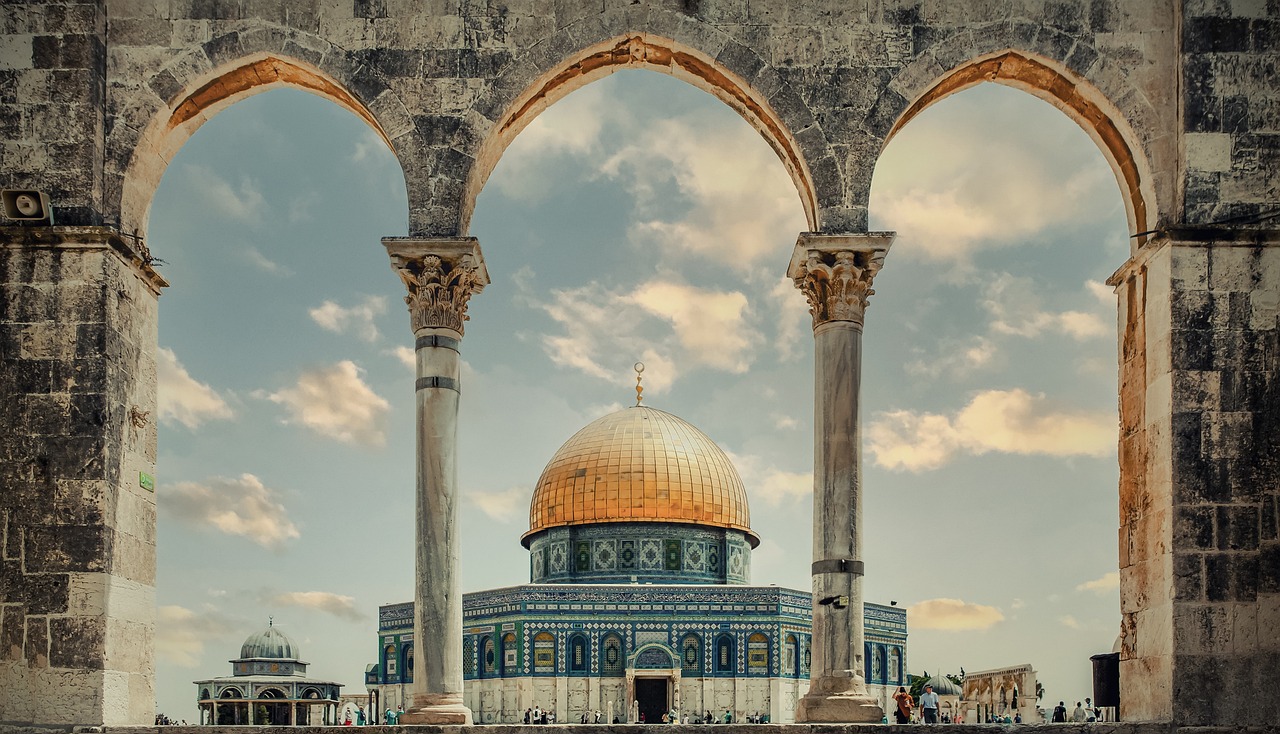
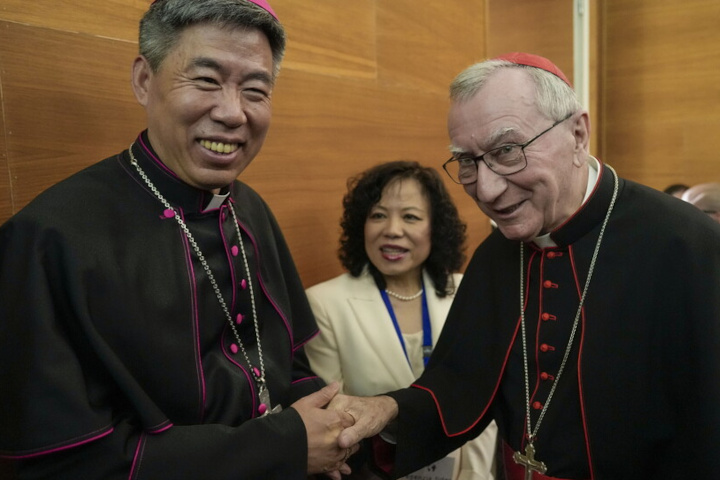
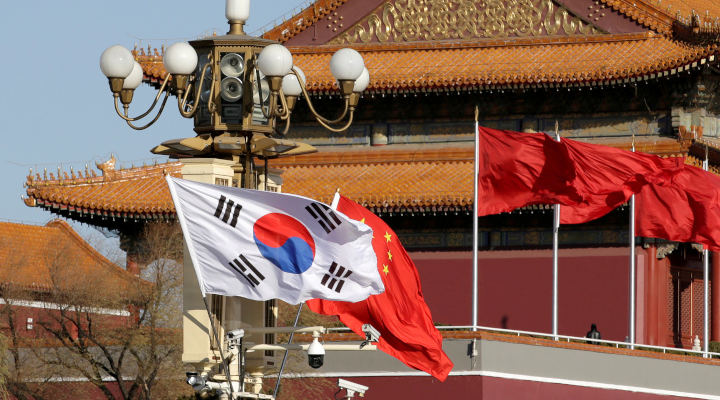
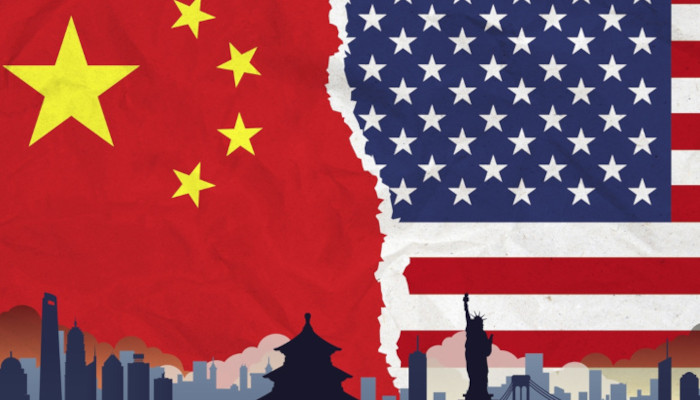

China’s Political Problem with its Army - SettimanaNews